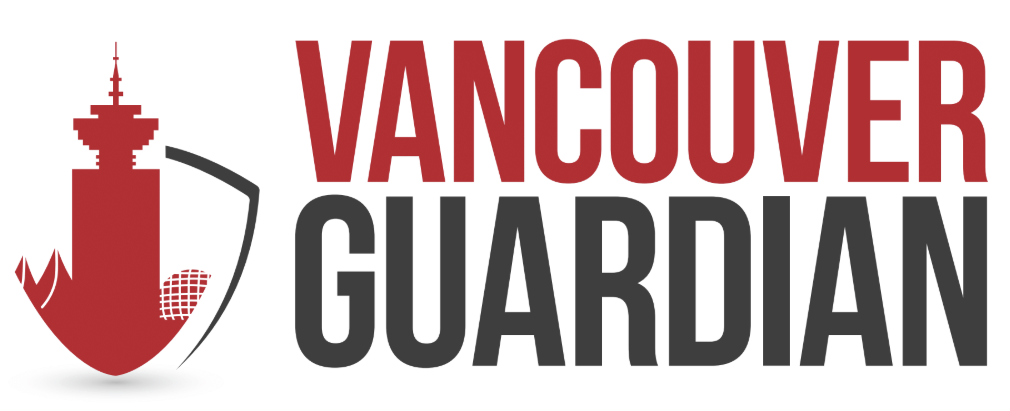I grew up near Armstrong, BC, a picturesque town of a few thousand people. One of the major employers in town was Armstrong Cheese, a product that has become famous across North America.
For almost 100 years, the factory remained in the city of Armstrong until in 2001, Armstrong Cheese was acquired by a major Canadian conglomerate. The factory was closed and staff were relocated or laid off, leaving the small town in economic shock.
This story is common in communities across Canada, but it doesn’t have to be.

Over the next 10 years, three out of every four small and medium-sized businesses in Canada will change hands. This presents Canada with a golden opportunity to orchestrate a powerful shift in wealth distribution and access: by enabling owners to sell to their employees, and using company revenues — not worker savings — to pay for it.
Employee ownership is not a new idea. Pioneered in the mid-70s with progressive legislation, a thriving ecosystem of employee-owned businesses has grown in the United States. The U.S. now has more than 6400 employee-owned companies and 13.9 million employee-owners.
In 2014, the United Kingdom followed suit. Today, one in every 20 business sales in the UK is sold to company employees. In both of these countries, employees become owners without contributing any money out-of-pocket, making it available and accessible to all.
Canada doesn’t have legislation like this, making employee ownership very difficult to achieve.
Business owners are often keen to sell to their employees. After years of building the business and its culture, owners have deep relationships with their staff and the community at large. Selling their company to an outsider comes with fears of how their team will be treated and how their community will be affected after the sale — like what happened in Armstrong.
Selling their business to employees allows owners to protect their legacy and maintain loyalty to the people they’ve worked side-by-side with for years.
At the core of these employee ownership structures is a Trust that can hold the shares on behalf of the employees. This Trust becomes the buyer of the company, administers the company on behalf of the employees, and holds the shares. Employees benefit financially by receiving a share of company profits and having those shares increase in value over time.
But the most powerful element is a game changer: employees don’t need to buy those shares themselves. That means all employees can participate, including those with low incomes and low savings. The sale is done through a combination of bank lending and seller financing.
Like most countries, Canada has an inequality problem, with a small percentage of people holding most of the wealth. Our capitalist model is a powerful system that can create enormous benefits for those who hold and deploy capital. But individuals who don’t have money to invest are excluded from these benefits.
What’s more, Canada has systemic inequality baked into this disparity, with women and racialized minorities disproportionately represented in the lowest income and wealth brackets. Currently, 25 per cent of all racialized women work in the lowest 10 per cent income-earning jobs.
Even more concerning is that intergenerational income mobility in Canada is decreasing. This makes it harder and harder to earn more than your parents did, and it traps women and racialized individuals in intergenerational poverty.
But when employees from all income levels become owners, individuals at the bottom of the income curve can accumulate capital, participate fully in our economic system, and benefit from their contributions at work. These are Canadian values, and it’s high time Canada got on board.
The good news is the federal Liberal Government has taken notice. Recently, they made a series of commitments to introduce an Employee Ownership Trust policy, which they articulated in their March 2023 budget. While policy is still being finalized, Finance Minister Freeland is set to introduce legislation sometime this fall.
This should be cause for celebration, but the government’s draft legislation is missing a major element. In fact it is the most important policy ingredient that led to uptake in both the U.S. and UK: tax incentives for the selling owners. Selling owners are the only ones who can decide who to sell to, and selling to employees often doesn’t deliver the highest price or the fastest turnaround. Offering tax incentives for owners who sell to their employees offsets these challenges and encourages all sellers to consider the option.
In short, the proposed Canadian legislation makes it possible for employees to become owners, but the U.S. and UK legislation actively encourages it. The UK and the U.S. have recognized that without incentives almost no employees would get the option to own.
Poverty and wealth insecurity are nation-wide problems. Assuming Canadian business owners will be responsible for improving wealth equity for their employees, when it may be to their own financial disadvantage, offloads a national responsibility onto the shoulders of an altruistic few. Instead, Canada needs to seize on this crucial decade of business transitions and incentivize the opportunity for employee ownership.
The Canadian Employee Ownership Coalition has brought together leading voices from the business community, academia, and civil society to propose a clear path of wealth creation for workers of all demographics. As Minister Freeland and her team prepares the Fall Economic Statement document, we remain hopeful that Canada will include incentives for sellers to create a wave of participatory capitalism and keep good companies in the hearts of our Canadian communities.
***
About the author:

Tiara Letourneau is CEO of Rewrite Capital Advisors, an investment and consulting company dedicated to improving wealth equality for workers. She is also a member of the Canadian Employee Ownership Coalition.




